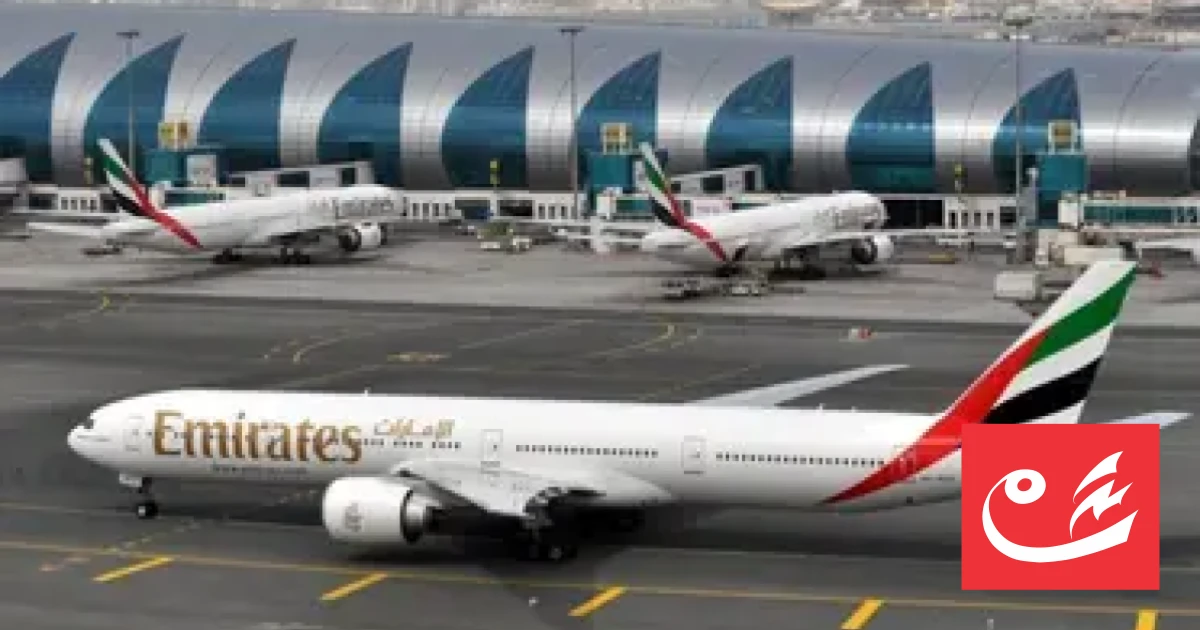Etihad Airways based in Abu Dhabi, announced it was rerouting flights on Wednesday in response to airspace restrictions in parts of the Middle East. The airline is closely monitoring security updates as the situation unfolds.
Emirates Airlines took further action by canceling all flights to Iraq, Iran, and Jordan on October 2 and 3. The airline stated that it is maintaining close communication with relevant authorities to assess developments in the region.
Qatar Airways temporarily suspended its flights to Iraq and Iran, citing airspace closures, while **Flydubai** canceled its flights to Jordan, Iraq, Israel, and Iran on the same dates due to similar airspace restrictions.
Kuwait Airways also adjusted its flight routes on Tuesday, with changes affecting destination timings to adhere to heightened security measures to ensure passenger safety.
A representative from ‘FlightRadar24’, a flight-tracking service, confirmed that many flights in the region had been diverted to alternative routes, causing congestion in key airspaces such as Istanbul and Antalya in southern Turkiye. The closure of Jordanian and Iraqi airspace added to the challenges, with some flights forced to divert south to Cairo and other cities.
The airspace disruptions come after Iran’s missile strikes, which were launched in retaliation for Israel’s military actions against Hezbollah in Lebanon. The ‘Eurocontrol’ agency issued urgent warnings to pilots about the escalating conflict, resulting in closures of critical airspaces and forcing airlines to adjust swiftly.
While Jordan and Iraq have since reopened their airspaces, the disruptions continue to affect airlines across the region, adding further strain to an industry already impacted by ongoing conflicts between Israel and Hamas, as well as Russia and Ukraine.

